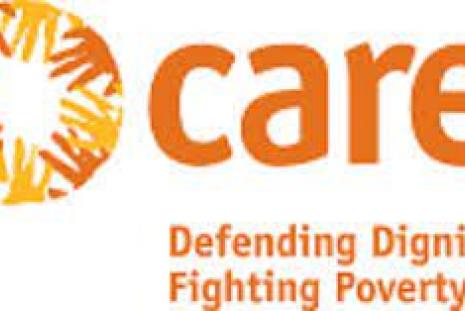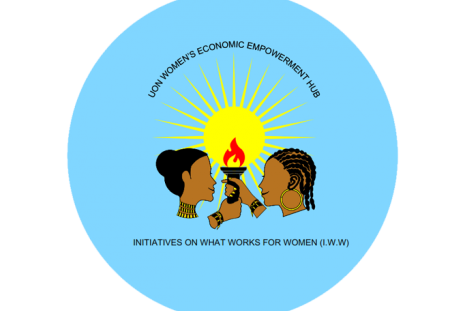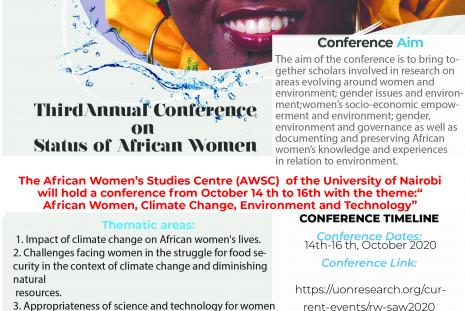CARE International in Kenya (CIK), The African Women Studies Centre (AWSC) of University of Nairobi together with Kenya Agricultural and Livestock Organization (KALRO) carried out a research on Evaluating Impacts of Gender in Agriculture and Food Security Outcomes in Agriculture. The study aimed to test two comparable, distinctive gender transformative approaches, and measure their potential for improved gender equality, food and nutrition security. The overall study applied a Randomized Controlled Trials (RCT) design to compare the standard Farmer Field School (FFS) approach, gender-transformative Farmer Field and Business School (GT-FFBS) and the control. The study focused on comparison of differential outcomes in gender equality and empowerment, food and nutrition security, and economic well-being in Kinangop Sub-County, Nyandarua County.
The overall objective of this study was to contribute to women’s agricultural productivity, incomes, household food and nutrition security, and gender equality through a gender transformative Farmer Field and Business School compared to the standard, gender-neutral Farmer Field School (FFS) model. The specific objectives were:
- To evaluate contribution of FFBS to household and community food and nutrition security
- To assess the linkages between agricultural crop productivity, incomes and food and nutritional outcomes
To assess the impact of FFBS on gender equality and women’s empowerment
- To evaluate impact of FFBS on economic well-being of resource-scarce smallholder households.
AWSC Team led in the collection of qualitative data in the endline survey which was conducted in July/August 2020. The endline survey was in addition to the baseline survey and midline survey conducted earlier in the project. The endline survey was conducted by AWSC, CARE International in Kenya and KALRO to determine the extent to which women farmers in Kinangop Sub-County are empowered, two and half years since the inception of the project. The survey sought to address objective three of the project, which is to assess the impact of FFBS on gender equality and women’s empowerment. The measurement of women empowerment was based on The Project- Women’s Empowerment in Agriculture Index (Pro-WEAI) which measures the Intrinsic Agency, Instrumental Agency, and Collective Agency of women in the agriculture sector.
Qualitative data was collected using Focus Group Discussions (FGDs) and Oral Testimonies (OT). FGDs were conducted for women only, men only and for mixed groups. Oral testimonies were also conducted for both women and men. In addition women spread across treatment and control areas were interviewed for Genders Sensitive Indicators (GSI).
The following is a brief summary of the key findings of the endline survey, on all the indicators of women empowerment as well as community’s understanding and perception of empowerment:
- Autonomy of income: Women reported an encouraging trend in sharing of the farm income among spouses in married arrangements. Encouraging trends were also reported in use of farm proceeds especially in areas where training had been done.
- Self-efficacy: Women who had undergone gender training reported improved self-confidence and being made conscious of their capabilities in dealing with situations that may come their way.
- Attitudes towards gender based violence: Respondents from GT-FFBS reported reduced cases of gender based violence. They also indicated that in cases where GBV occurred, it was frowned upon by the community and sometimes it went unreported.
- Respect among household members: Improvements in respect among household members was reported in study groups
- Input in productive decisions: Both men and women also reported an increasing trend in women participation in decision making in production activities. This was particularly reported in areas where gender training (GT-FFBS) has been done. But women called for the trainers to increase sensitization of men on the importance of women decision making. This has a direct importance of enhancing the nutritional status and general welfare of the family.




